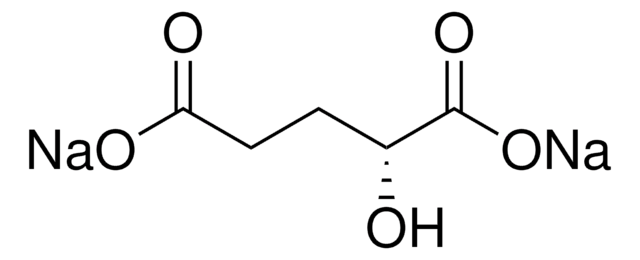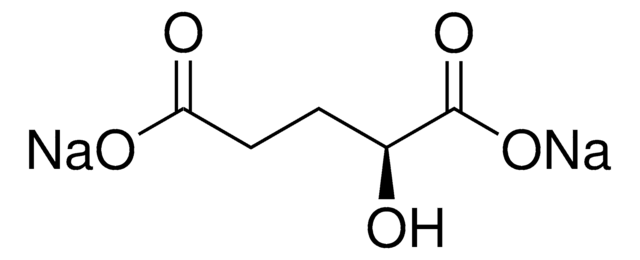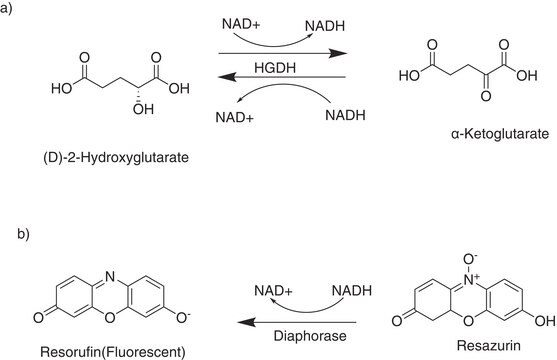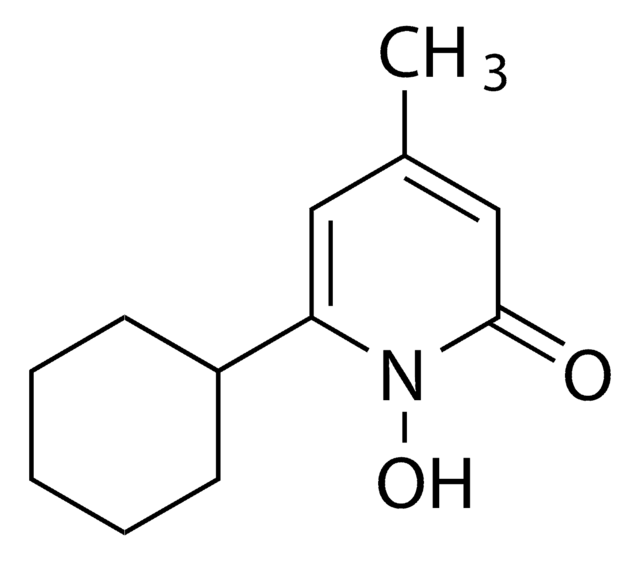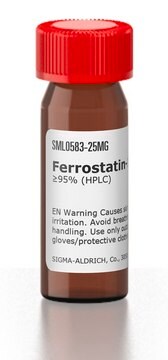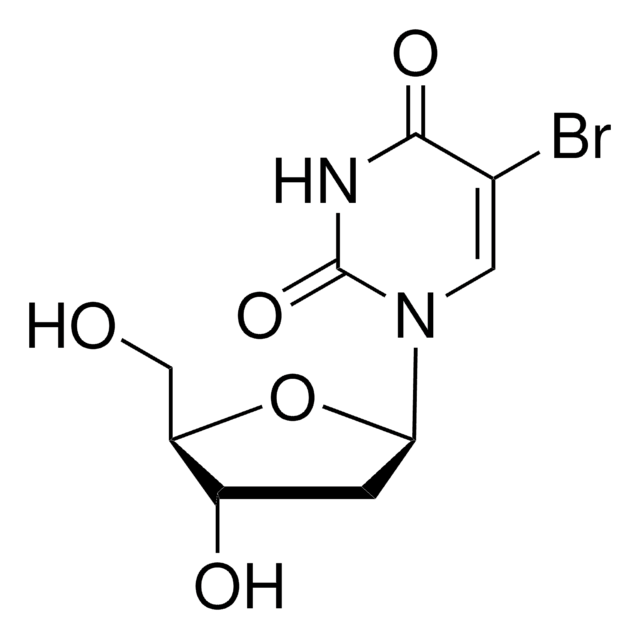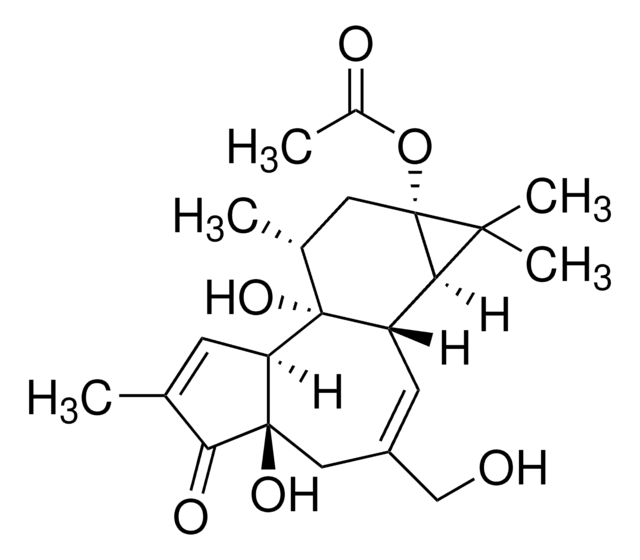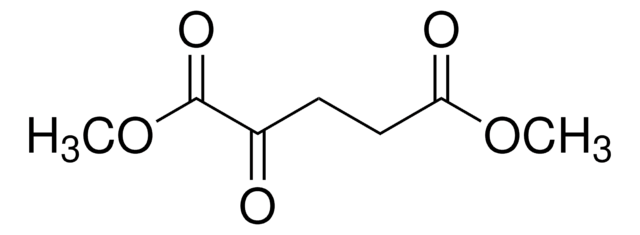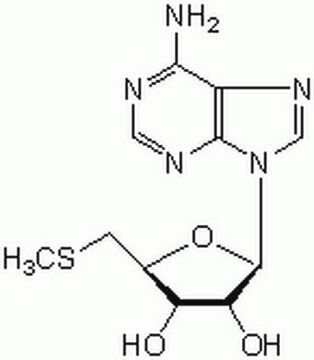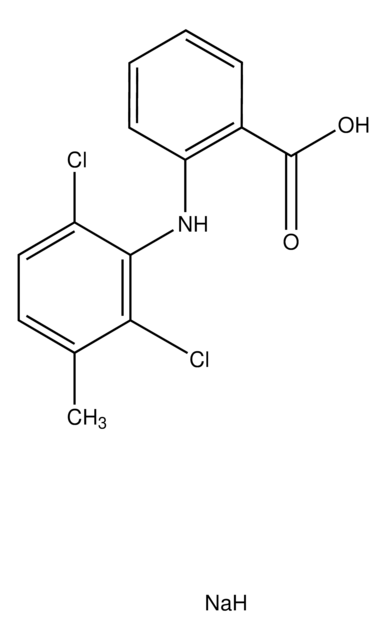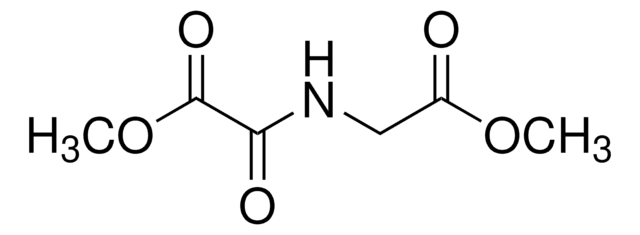SML2200
Octyl-(R)-2HG
≥98% (HPLC), film, α-KG-dependent dioxygenases prolyl hydroxylases inhibitor
Synonym(s):
(2R)-2-Hydroxyglutarate octyl ester, (2R)-Octyl-α-hydroxyglutarate, 1-Octyl-D-2-hydroxyglutarate, 1-octyl ester, 2R-Hydroxy-pentanedioic acid, Octyl-2HG, Octyl-D-2HG, R-2HG octyl ester
About This Item
Recommended Products
product name
Octyl-(R)-2HG, ≥98% (HPLC)
Assay
≥98% (HPLC)
form
film
storage condition
desiccated
color
colorless
solubility
DMSO: 2 mg/mL, clear
storage temp.
−20°C
Application
Biochem/physiol Actions
Preparation Note
Storage Class Code
11 - Combustible Solids
WGK
WGK 3
Flash Point(F)
Not applicable
Flash Point(C)
Not applicable
Certificates of Analysis (COA)
Search for Certificates of Analysis (COA) by entering the products Lot/Batch Number. Lot and Batch Numbers can be found on a product’s label following the words ‘Lot’ or ‘Batch’.
Already Own This Product?
Find documentation for the products that you have recently purchased in the Document Library.
Customers Also Viewed
Our team of scientists has experience in all areas of research including Life Science, Material Science, Chemical Synthesis, Chromatography, Analytical and many others.
Contact Technical Service
